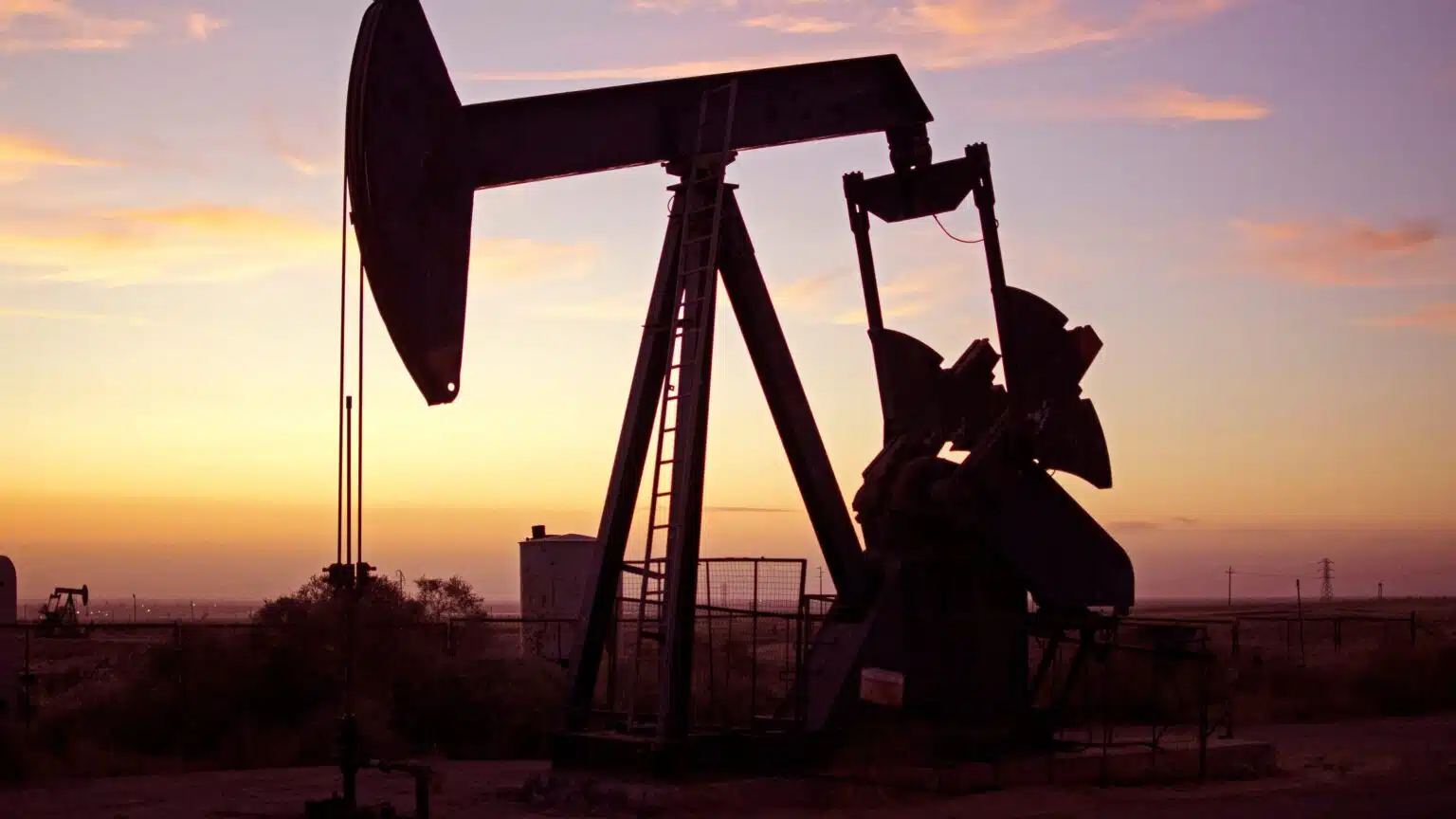Congress grills significant oil companies for spreading climate disinformation. They are facing a lawsuit in municipal courts against the damages done by burning fossil fuels and concealing the dangers of greenhouse gases.
On Wednesday, major oil companies like Big Oil accused the federal government of evading cases concerning climate change.
The lawsuit was filed by several municipalities in Colorado seeking damages related to climate change in state court. The case was presented to the Supreme Court of the U.S. The Justices have requested the Biden administration’s opinion on the petition filed by ExxonMobil Corp. and Suncor Energy Inc. The petition challenged the February 2022 federal appeals of the Court’s ruling, which sent the case back to the state court. Ironically, we have recently noticed Biden preparing for Glasglow and Scotland Climate Summit.

The venue of this Court is generally regarded as favourable for the plaintiff municipalities. Therefore, the government has approved the Denver-based 10th U.S. Circuit Court of Appeals. They have concluded that no grounds of argument were cited by the companies that would change the venue in support of federal court jurisdiction.
Companies pushing for the Trump administration’s jurisdiction.
The oil companies elaborated on the government’s opinion and declared it an opposite position from the Trump administration’s jurisdiction two years ago.

The companies further commented that this new way of thinking reveals a ‘desire to single virtue’ to political allies rather than a genuine disagreement with the legal theory of the state. They have described this as something cynical, which they had not witnessed before in their position in this Court.
Companies are accused of misrepresentation and concealment of dangers.
The requests made by companies were not immediately responded to for comment by the U.S. Department of Justice. The venue is still a key point of contention, where roughly two dozen lawsuits filed by the states and municipalities accuse the oil companies of misrepresenting and concealing the dangers of burning fossil fuels. Some companies are further charged with clouding the science and they are defending it under the garb of their investments and shareholdings.

The companies refused to accept the allegations against them. They have emphasized hearing lawsuits in federal courts. They added that these cases, like energy policy and greenhouse gas emissions affecting state or international boundaries, are of national importance and should be heard in federal courts.
The venue of the lawsuit is a crucial point of contention.
The Colorado representative of municipalities has rejected their six federal appeals to courts’ regarding arguments of venue and urged them to follow suit to the Supreme Court.
Suppose the Supreme Court agrees to consider the case. In that case, this will count as a second chance for the High Court to give clarification on the venues and make a decision on whether the lawsuits are to be heard by the state and local governments, like, for example, those in Rhode Island, Delaware, Honolulu, and Baltimore, or otherwise.
Similar cases have been pending for over 25 years, leading to delayed climate action. The greenhouse gas emissions in the U.S. have fallen in the last 15 years, but a geophysicist at the Earth System Science Centre says we have lost a decade, and more steps would have prevented the damages.
Hearing Baltimore’s case of 2021 is considered.
This Court has stayed firm with the jurisdiction in question in Baltimore’s case. They issued a narrow ruling describing the Richmond, Virginia-based 4th U.S. Circuit Court of Appeals to reflect again on the arguments for removal raised by oil companies in this case. However, they did not weigh in explicitly on which courts were proper.

Suncor Energy Inc. et al. v. Board of Country Commissioners of Boulder Country et al., U.S. Supreme Court of the United States, case no. 22-1550
Kanon Shanmugam, Theodore Wells, Daniel Total, William Marks of Paul Weiss Rifkind, Wharton & Garrison, High Gottschalk, and Eric Robertson of Wheeler Tiger O’Donnell are the energy companies.
Macro Simons, Richard Herz, Michelle Harrison, and Sean Powers of EarthRights International, David Bookbinder of the Niskanen Centre, and Kevin Hannon of the Hannon Law Firm are the municipalities.
The solicitors include three U.S. government members: Solicitor General Elizabeth Preglogar, Assistant Attorney General Todd Kim, and Deputy Solicitor General Malcolm Stewart.












